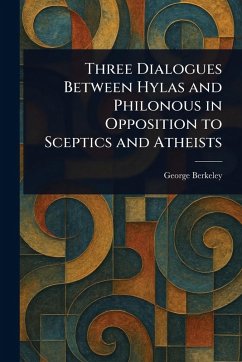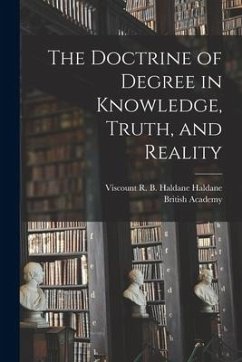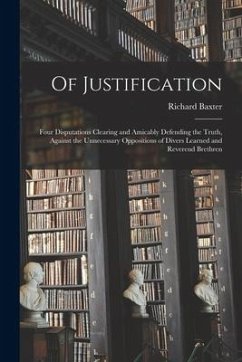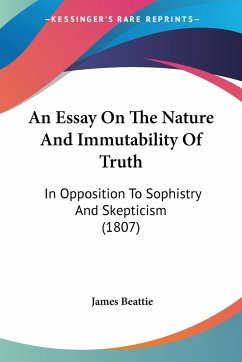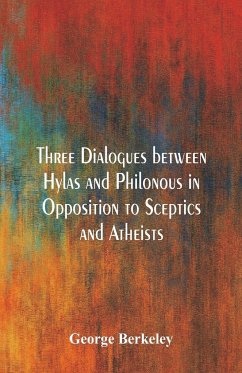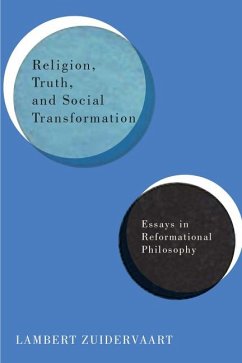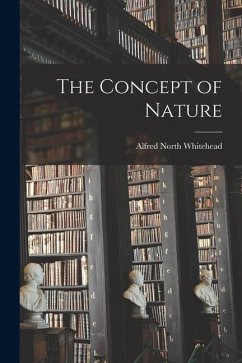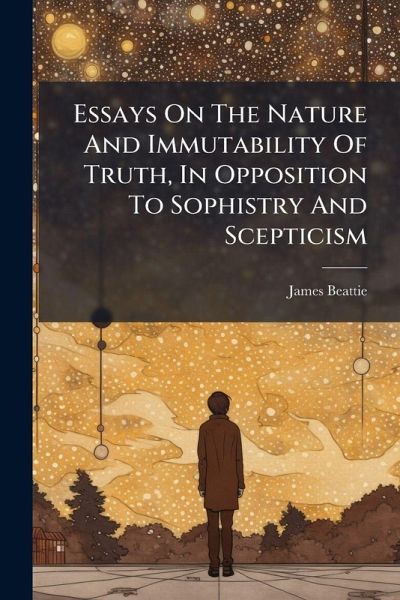
Essays On The Nature And Immutability Of Truth, In Opposition To Sophistry And Scepticism

PAYBACK Punkte
16 °P sammeln!
"Essays On The Nature And Immutability Of Truth, In Opposition To Sophistry And Scepticism" is a philosophical work by James Beattie that rigorously examines the concepts of truth, knowledge, and reality. Written in response to the growing tide of skepticism and sophistry prevalent during the Enlightenment, Beattie's essays present a robust defense of objective truth and the inherent capacity of the human mind to perceive it. Beattie challenges the skeptical arguments that undermine certainty, offering logical and reasoned counterarguments that reaffirm the existence of knowable truths. This w...
"Essays On The Nature And Immutability Of Truth, In Opposition To Sophistry And Scepticism" is a philosophical work by James Beattie that rigorously examines the concepts of truth, knowledge, and reality. Written in response to the growing tide of skepticism and sophistry prevalent during the Enlightenment, Beattie's essays present a robust defense of objective truth and the inherent capacity of the human mind to perceive it. Beattie challenges the skeptical arguments that undermine certainty, offering logical and reasoned counterarguments that reaffirm the existence of knowable truths. This work delves into metaphysics, epistemology, and logic, providing a comprehensive exploration of the foundations of human understanding. Its enduring value lies in its systematic approach to defending truth against philosophical relativism, making it an essential read for those interested in the history of philosophy and the ongoing quest for knowledge. This work has been selected by scholars as being culturally important, and is part of the knowledge base of civilization as we know it. This work was reproduced from the original artifact, and remains as true to the original work as possible. Therefore, you will see the original copyright references, library stamps (as most of these works have been housed in our most important libraries around the world), and other notations in the work. This work is in the public domain in the United States of America, and possibly other nations. Within the United States, you may freely copy and distribute this work, as no entity (individual or corporate) has a copyright on the body of the work. As a reproduction of a historical artifact, this work may contain missing or blurred pages, poor pictures, errant marks, etc. Scholars believe, and we concur, that this work is important enough to be preserved, reproduced, and made generally available to the public. We appreciate your support of the preservation process, and thank you for being an important part of keeping this knowledge alive and relevant.




